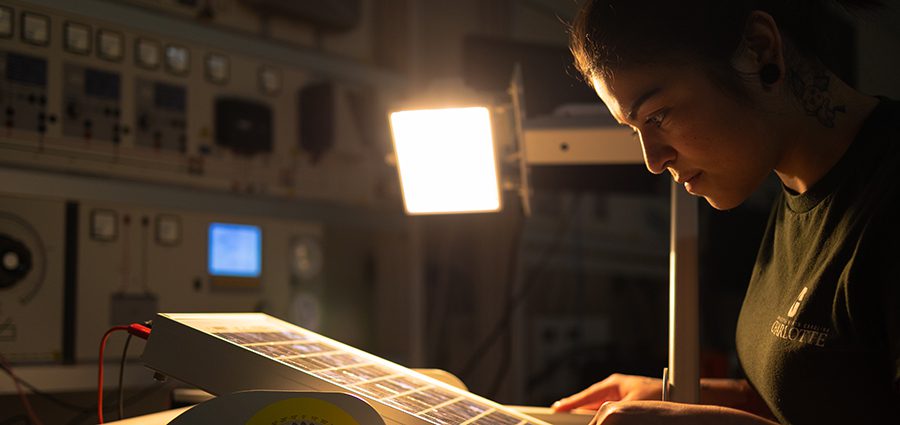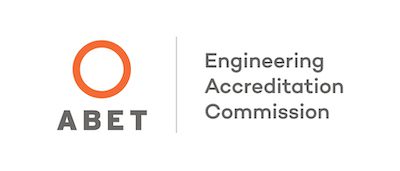Undergraduate Programs

In the Bachelor of Science in Computer Engineering (B.S.Cp.E.) and the Bachelor of Science in Electrical Engineering (B.S.E.E.), you’ll begin with foundational math and science courses before delving into networking and system design, with coursework in electronics, electromagnetics and programming languages. In upper level courses, you’ll learn and research in areas of electrical and computer engineering such as power systems, computer systems, devices and circuits, robotics, signal processing and more. As you finish the program, you’ll participate in the senior capstone course, a two-semester design/build project where teams design solutions, often sponsored by industry partners.
Computer Engineering embodies the science and technology of design, construction, implementation, and maintenance of both software and hardware components of modern computer systems and computer-controlled equipment.
Sub-specialties of computer engineering include:
- Microprocessor design
- Hardware-software integration
- Circuit design
- Incorporation of computers into larger engineering systems
If you’re pursuing a degree in computer engineering, you can add a concentration in machine learning.
Electrical engineering is the study and applications of electronics, electricity and processing of electrical signals. Sub-specialties include:
- Electronic devices
- Electrical circuits
- Communication systems
- Control systems
- Signal and image processing
- Power electronics and systems
- Energy systems
If you’re interested in specialized studies within an electrical engineering degree, you can add a concentration in machine learning or in power and energy systems.
Exceptionally qualified students may apply to our early entry graduate program. As a student in this program, you’ll begin work toward a master’s degree in computer engineering or electrical engineering while finishing your bachelor’s degree – so you’ll earn an advanced degree faster and more affordably.
Majors
- Loading…
Minors
- Loading…
Dual/Double Degree Options
- Computer Engineering and Electrical Engineering – Double Major
- Computer Engineering and Physics – Dual Degree
- Electrical Engineering and Physics – Dual Degree
Early Entry
- Loading…
Accreditation
The Bachelor of Science in Electrical Engineering (B.S.E.E.) and the Bachelor of Science in Computer Engineering (B.S.Cp.E.) degree programs are accredited by the Engineering Accreditation Commission of ABET.
Electrical Engineering and Computer Engineering Program Educational Objectives
Electrical Engineering and Computer Engineering Program Student Outcomes
Enrollment and graduation data for the B.S.E.E. and B.S.Cp.E. programs can be found in the University Fact Book.
